We are a thriving research community with members from all career stages, from postgraduate to professor. We are growing, and have about 25 permanent academic staff, 7 postdoctoral researchers, numerous PhD students and some members outside the university (a total of over 100 members).
Jump to current or external and former members.
CEH Officers
The CEH is led by its co-directors, who are supported by officers. In 2023-24, the directors and officers are:
Co-directors: Dr Adrian Howkins and Dr Paul Merchant
Communications and Events: Dr Noreen Masud (on leave 2024-5) Dr Rachel Murray and Dr Alice Would
Postgraduate: Sam Le Butt, Mingcan Rong, Andy Thatcher and Camille Straatman
Members
Ed Atkins
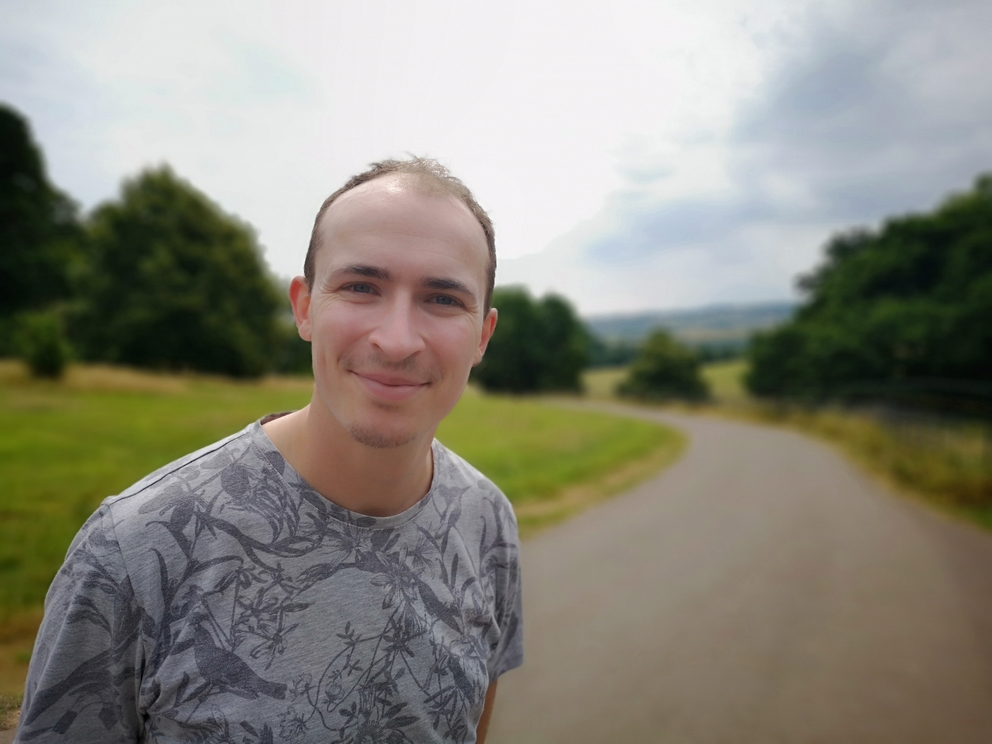
I’m a political geographer, interested in the contested character of environmental and energy policy, politics and governance. This is with a particular focus on the local politics of climate change policies and energy generation and consumption.
Tamsin Badcoe

I have particular interests in early modern literary representations of terraqueous environments and how these draw on the language and knowledge-making of soil science and the arts of navigation. I am also interested in sixteenth-century responses to earthquakes.
Steve De Hailes
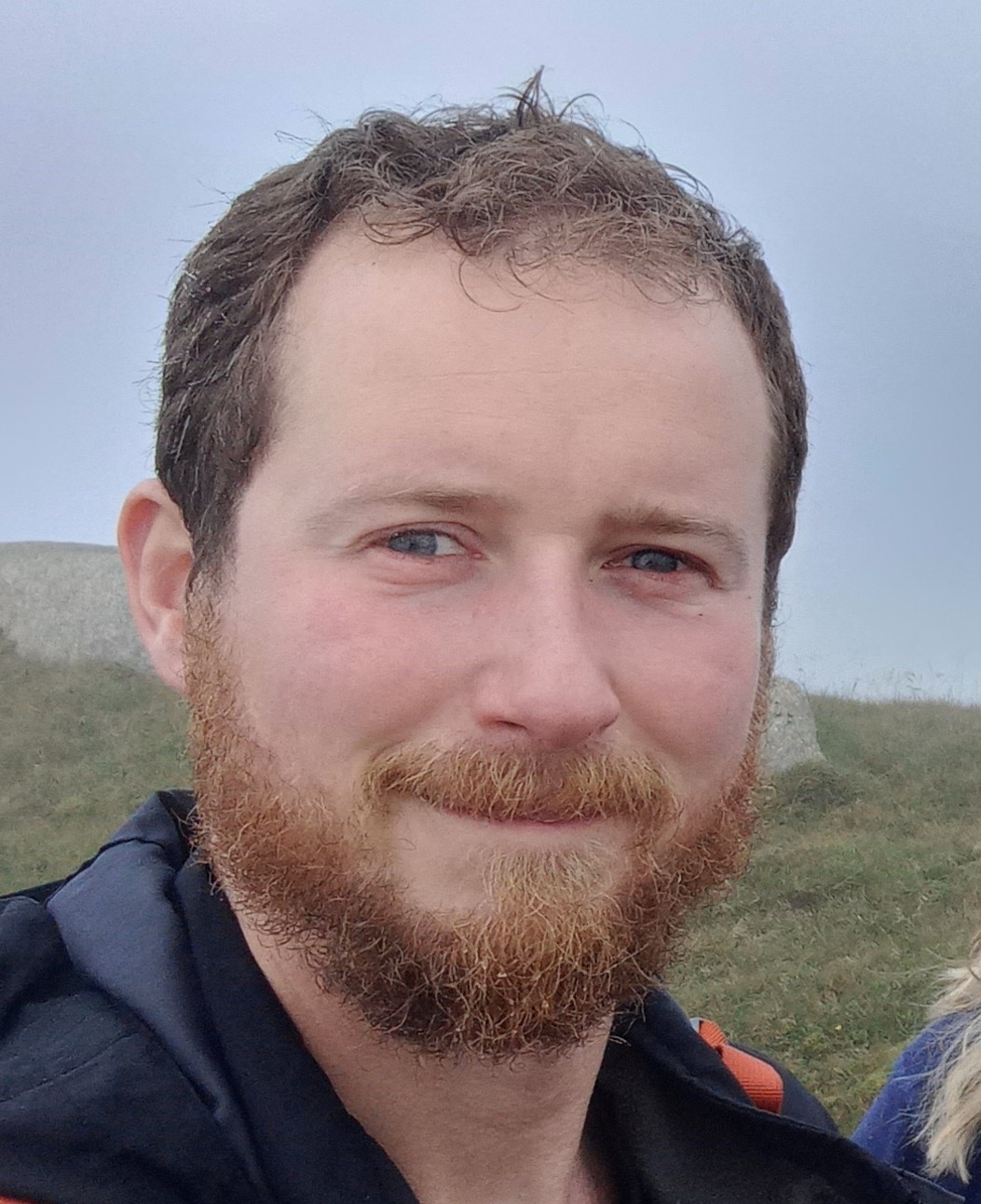
I am a Lecturer in English whose research centres on Arthurian romance literature spanning both the Middle Ages and the Early Modern period, with a particular focus on the otherworldly creatures who often inhabit the forests, islands, and wild places within such stories. More recently, my research has increasingly focused on the representation of mountains, hills, and high places in late medieval and Early Modern texts.
Joanna Burch-Brown
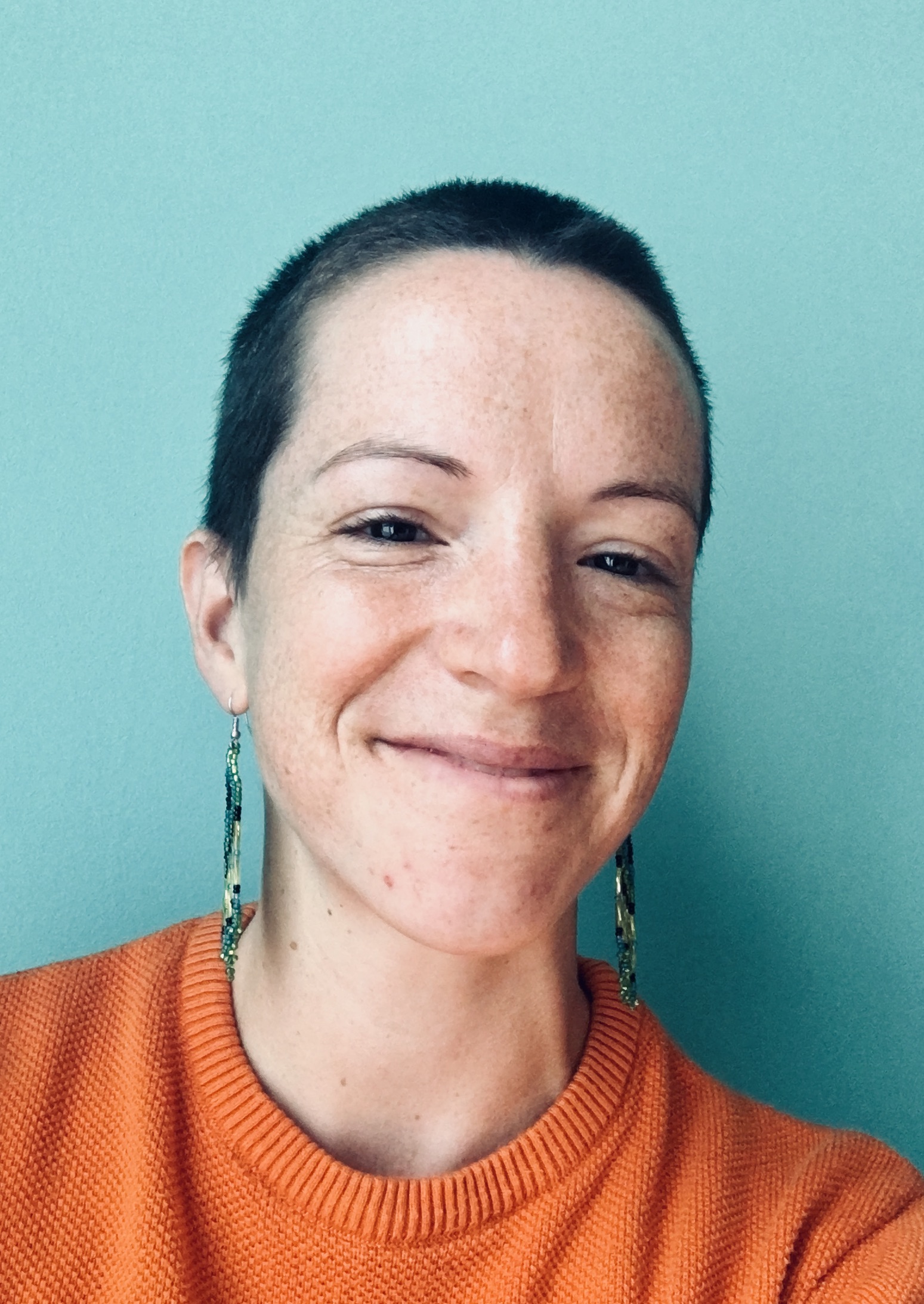
Joanna Burch-Brown is a Lecturer in Philosophy at University of Bristol. She is currently working on issues of contested heritage and public memory of slavery and colonialism.
Ryerson Christie
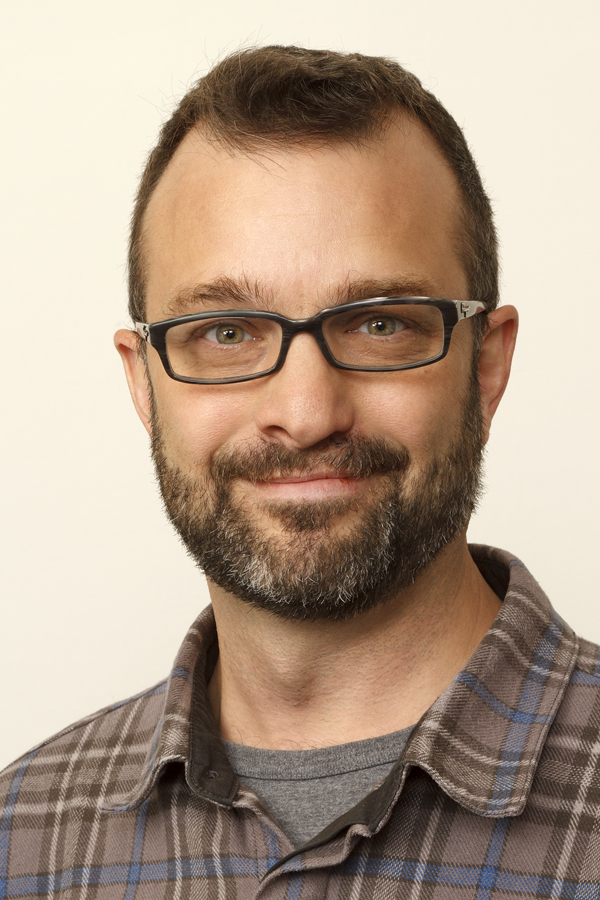
My main research interests focus on the application of critical security studies to the analysis of human security, peacebuilding, and natural disasters. My work has focused on how these shape the relationships between local communities, civil society and the state. I have been increasingly focused on the field of disaster studies, exploring how narratives of security impact upon vulnerabilities and disaster risk reduction strategies.
Peter Coates

My life as an environmental historian began with a PhD on the controversy over the construction of the Trans-Alaska Pipeline, but currently focuses on water and animals (especially animals in water, such as eels and mosquitoes). I also have persisting interests in the exploits of non-native invasive species and the concept of biocultural heritage.
Edward Cole
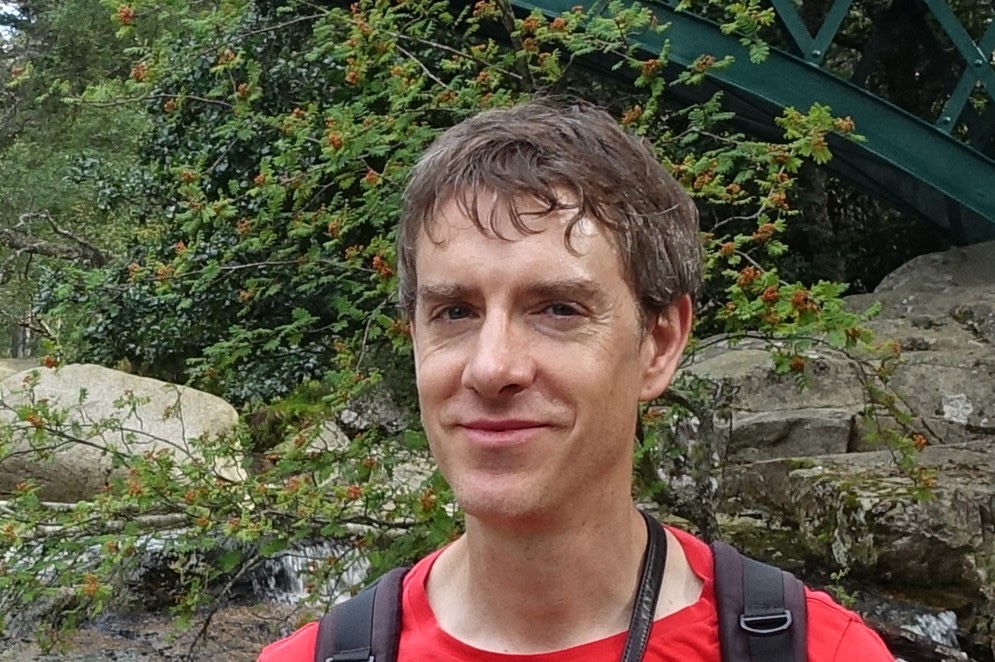
I am a cultural and historical geographer, focusing on ways in which specific features of the natural world have aroused people’s interest and enthusiasm. My major research project to date has been on birds’ egg collecting, and I am also interested in the cultural significance of waterfalls.
Vicky Coules
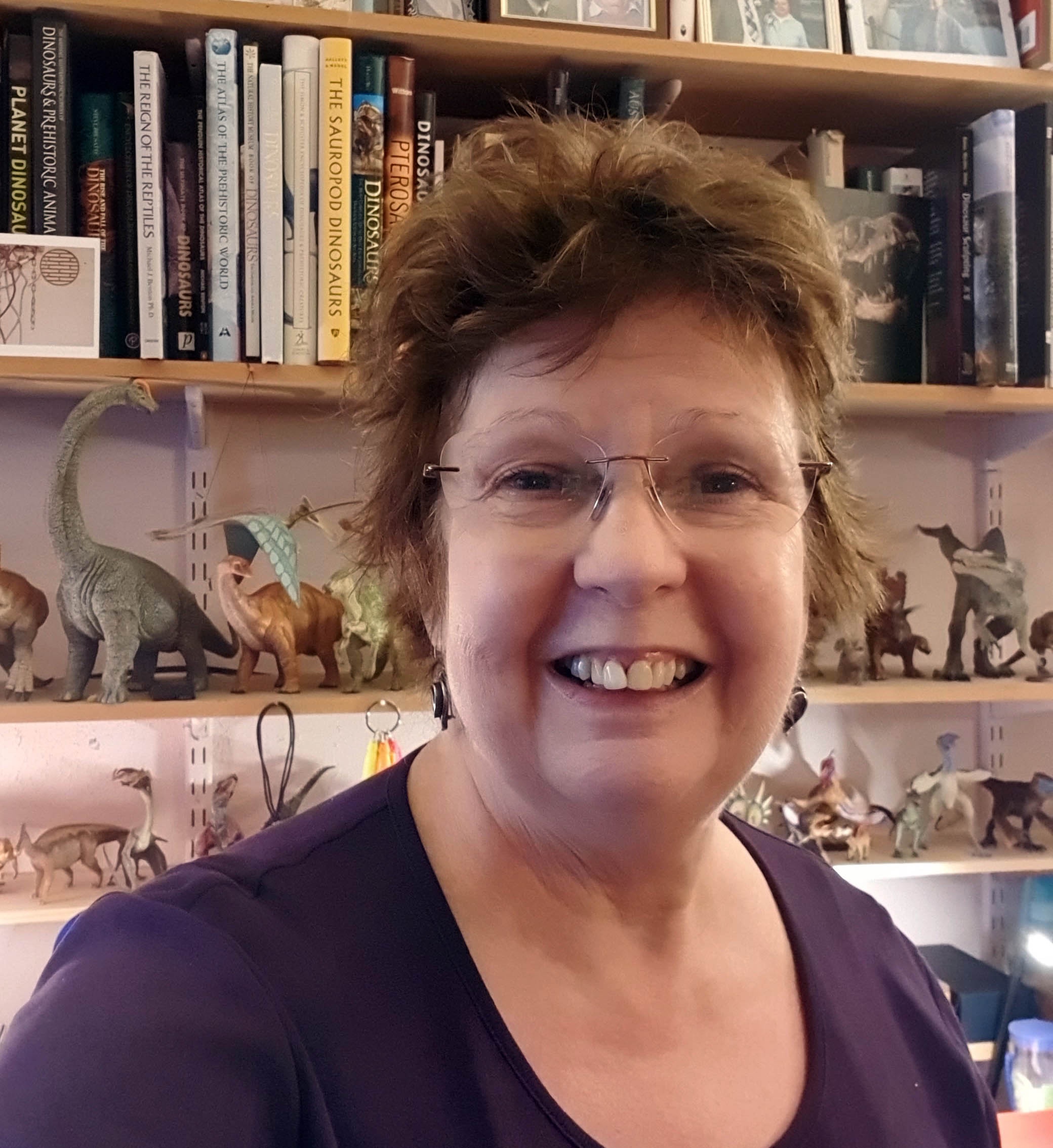
I am an interdisciplinary PGR researching the role of the dinosaur in visual culture. I work in the department of History of Art and the Palaeobiology Research Group in the School of Earth Sciences; I am also a member of the Ethnographic Animation research cluster in the department of Film and Television.
Lucy Donkin

My research employs approaches from history and history of art to explore pre-modern attitudes to the ground. Topics include floor decoration; environmental relics; earth and the portability of place; and the visual cultures of mining and geology. I’m also interested in the use of soil in modern practices connected with commemoration and migration.
Marianna Dudley
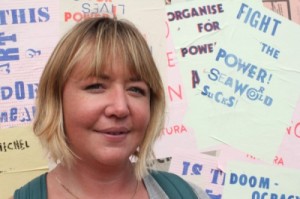
I am an environmental historian currently working on the history of renewable energy in Britain. I am interested in the ways in which winds and waves have shaped historical processes, and how communities respond to environmental change. I have also researched militarized landscapes, and rivers as sites of recreation and conflict.
Lena Ferriday
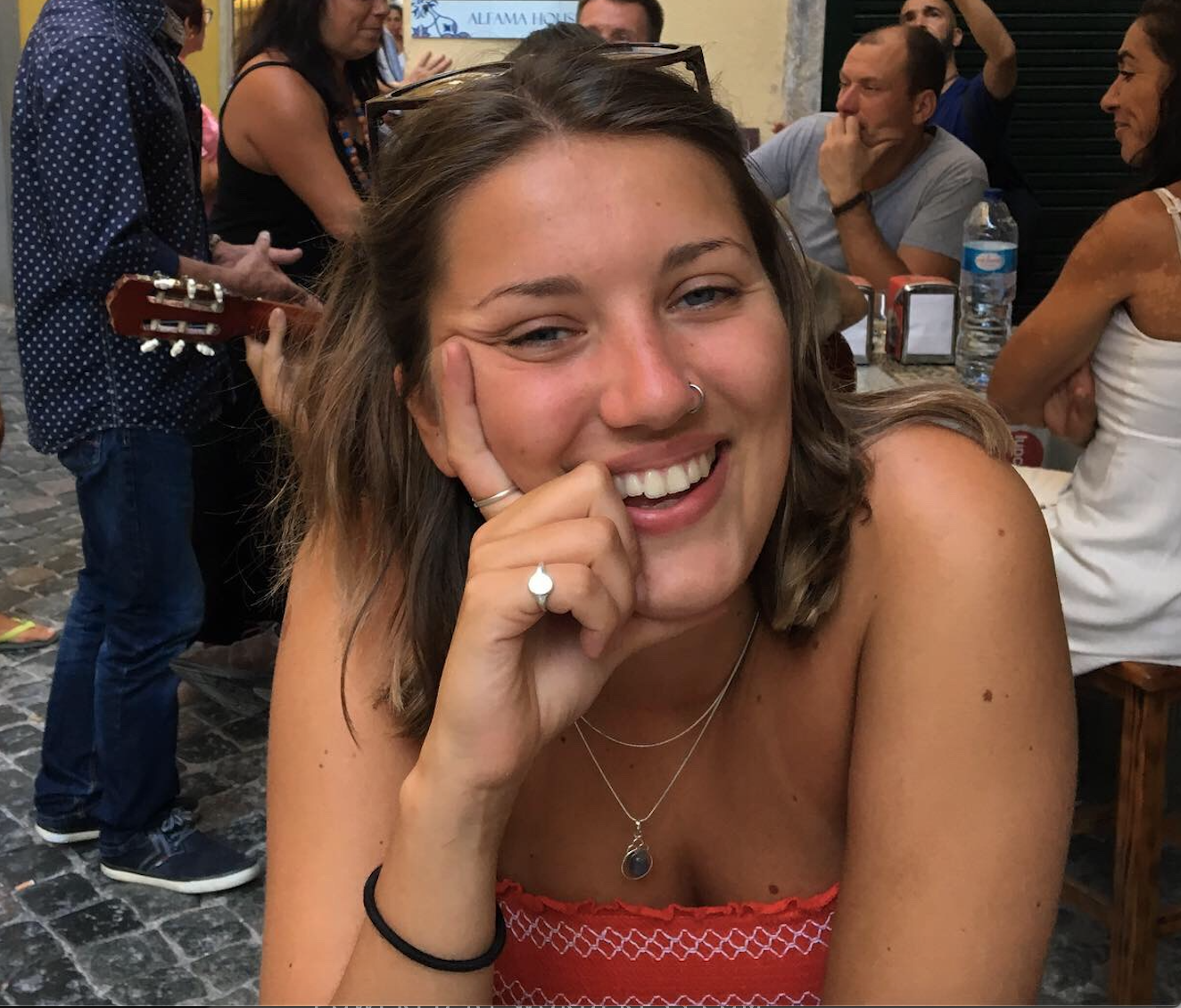
I am a PhD Candidate in the Department of History, researching the corporeal engagement of Victorian travellers with the landscapes across South-West England. I am broadly interested in the multi-sensory and mobile interactions between humans and the environment.
Andy Flack

I’m an environmental historian with a particular interest in relationships between people and animals in the past. I’m also embedded within sensory history and history of emotions. The combination of animals, senses, and emotions underpins my current research, which relates to environmental histories of dark environments, from the shifting darkness of the night to the perpetual gloom of the subterranean. I’m currently finishing an AHRC-funded project exploring the history of the science of nocturnal animal senses. I’ve previously published work on histories of captivity and animal entertainments.
Billie Gavurin
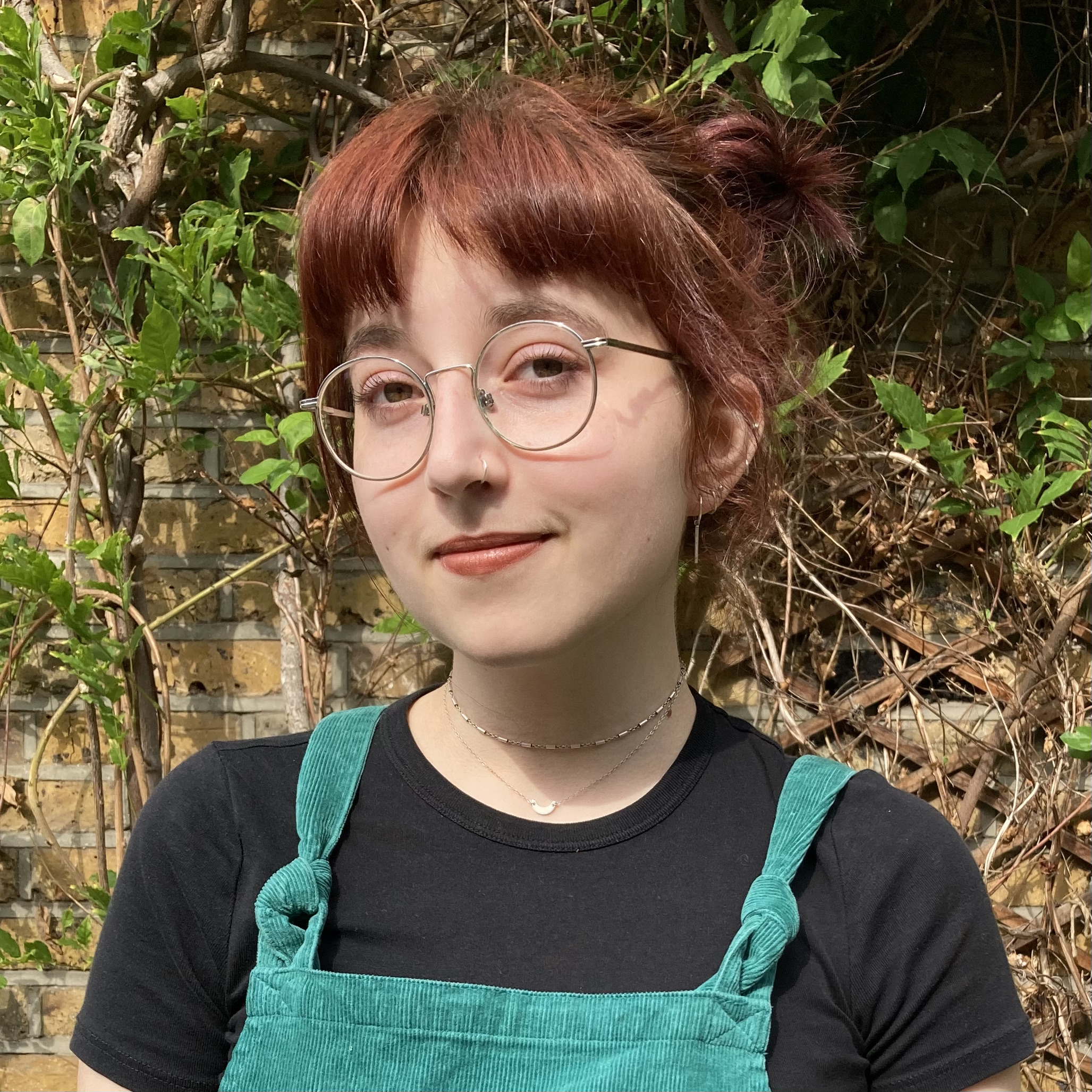
I have just completed my PhD, which focused on the relationship between mythic animal-human hybrids and Darwinism in late Victorian and Edwardian culture, arguing that these composite forms were employed by fin-de-siècle writers and artists to embody and express anxieties surrounding evolutionary theory. My research investigates the radical changes in the understanding of humanity’s relationship with the natural world which were prompted by rapid scientific developments across the nineteenth century.
Franklin Ginn

I am a cultural geographer with research interest in political ecology, biophilosophy and multispecies studies. I am currently involved in projects on vegetal economy in urban Pakistan, and the role of non-humans in space exploration.
Matías González Marilicán
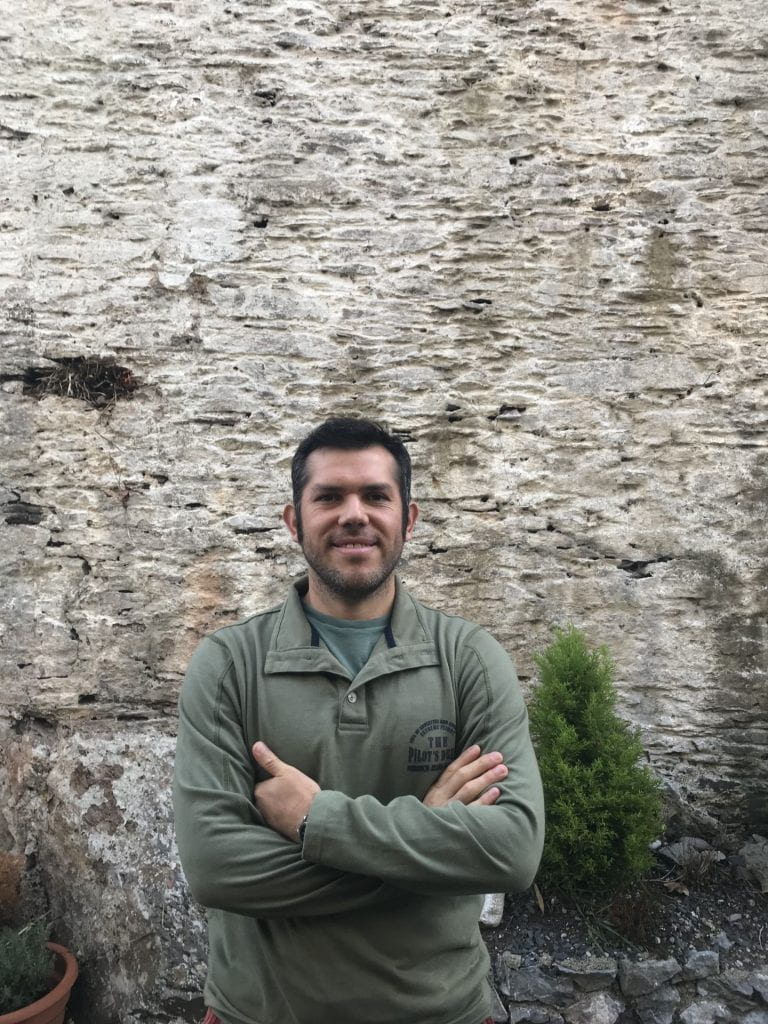
I am a PhD candidate in the Department of History, researching the forest management of the Chilean state in the Araucanía region, Chile, between 1862 and 1964. From a wider perspective, I am interested in the interconnectedness and collaborative capacity of state officers with trees and woodlands and with the people who relied on them for a living.
Erika Hanna

My research to date has focused on histories of the city, including urban heritage, folklore, dereliction, and cycling. I am currently working on two broadly environmental projects — on the butter industry in 1950s Ireland, and on cities and sustainability.
Daniel Haines

I am an environmental historian, with a focus on natural disasters and rivers in India, Pakistan, Nepal, Bhutan and Myanmar. My work is often collaborative and interdisciplinary.
Elizabeth Haines

I am a historian of science and technology, currently working on a history and landscape archaeology of land administration practices in twentieth-century Zambia.
Adrian Howkins

I am environmental historian with a research focus on the polar regions. I am currently working on a history of the McMurdo Dry Valleys region of Antarctica (http://mcmurdohistory.lternet.edu/).
Sam Le Butt
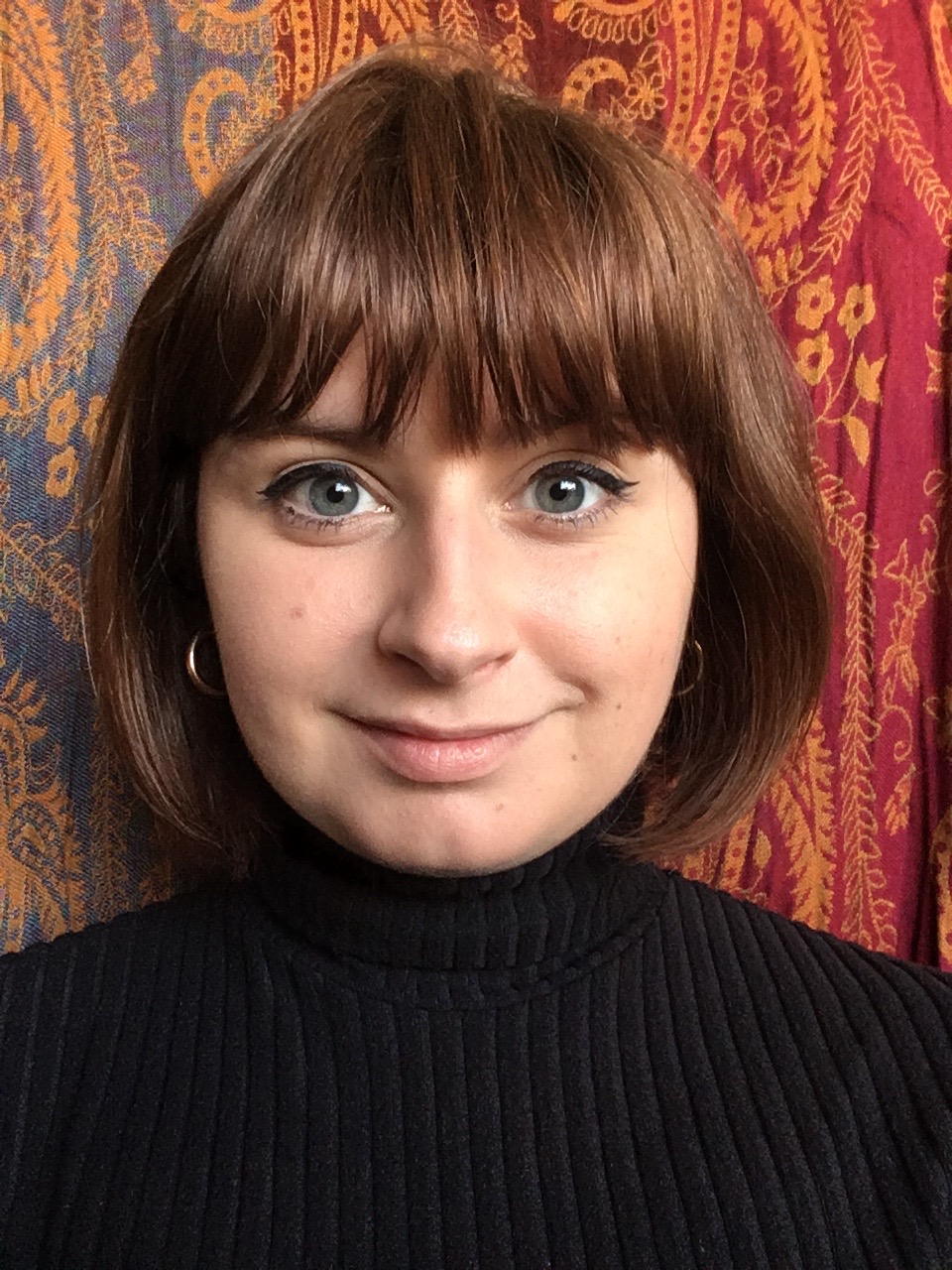
Sam Le Butt (she/her) is a SWW DTP funded PhD candidate in English Literature. Her research focuses on the entanglements of ecocriticism and monstrosity, using feminist new materialist theories to uncover monstrous becomings and bodies that help tell stories of ecological crisis in contemporary literature. She is currently exploring how metaphors of ‘eco-monstrosity’ help to ‘matter’ routes of presence and absence in literature featuring GM crops and industrial meat production. She also works as a teacher, editor, and fiction writer, with her debut fiction collection published in 2022.
Michael Malay

Michael is a literary scholar who is currently working on historical conceptions of extinction and endangered life.
Pippa Marland

I am a Lecturer in Liberal Arts and Literature and Environment, currently working on the representation of farming in British rural and nature writing of the long 20th century. I am also interested in archipelagic approaches and the role of islands and coastal areas in the environmental imagination. The Pen and The Plough website showcases some of this research: https://thepenandtheplough.wordpress.com/
Kate McClune
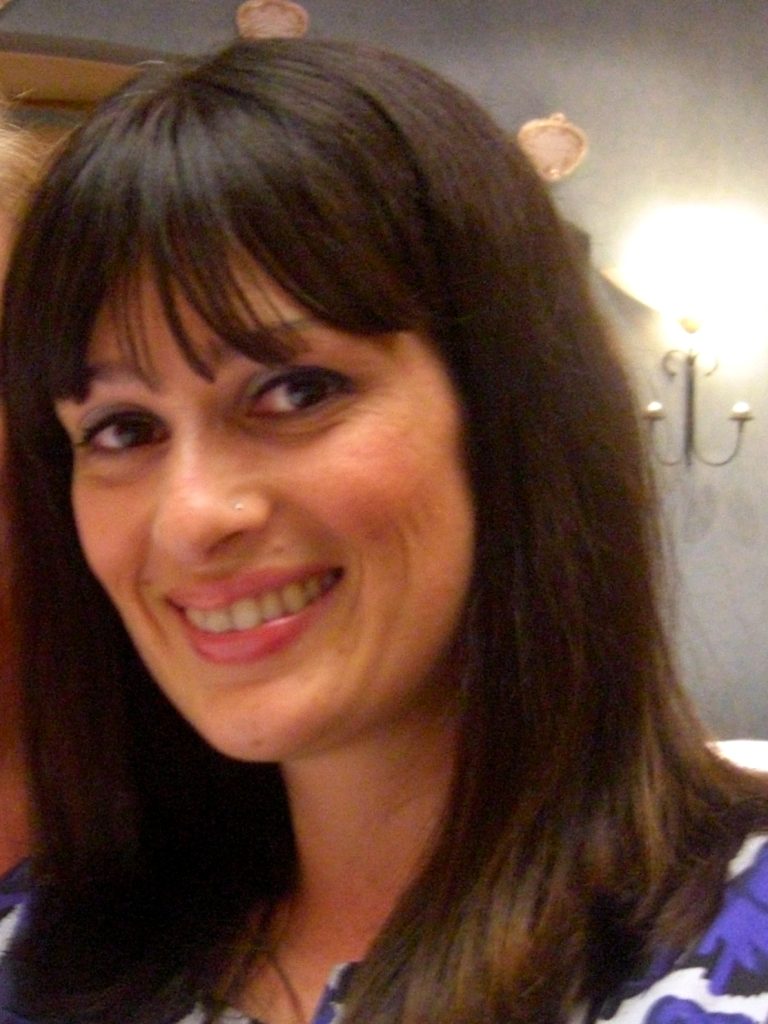
I work primarily in medieval literature, and am particularly interested in tracking methods of animal conservation and extinction as recorded in non-conventional sources in the medieval period. I am currently working with colleagues from the Zoological Society of London on a project that examines the relationship between pre-modern extinctions and contemporary approaches to conservation.
Nye Merrill-Glover
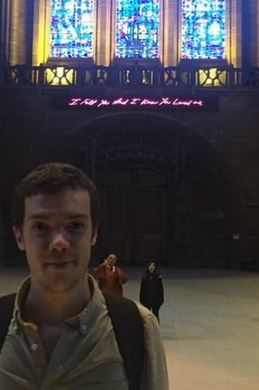
I’m a social-environmental historian working on mossland landscapes (peat bogs) in early modern Lancashire, with a particular focus on the interplay between the unique hydrology of peat bog and the social structures which they sustained. I’m currently working on a chapter looking at the wholesale drainage of the mosslands, and how these broader schemes of drainage cohered with already extant drainage networks.
Paul Merchant

I am a scholar of Latin American film and literature, currently working on cultural approaches to the Pacific Ocean in modern Chile, Peru and Bolivia. I am interested in the intersections between postcolonial theory and the environmental humanities, in intermediality, and in notions of belonging.
Naomi Millner

I am a political ecologist and environmental geographer. I’m currently working on interdisciplinary projects in Colombia and Guatemala that explore how post-conflict interventions, state sanctioned violence and forest conservation projects became entangled. I am interested in exploring how concepts of witnessing and testimony, normally applied to humanitarian conduits of communication, can be extended to aspects of posthuman and ecological attunements.
John Morgan
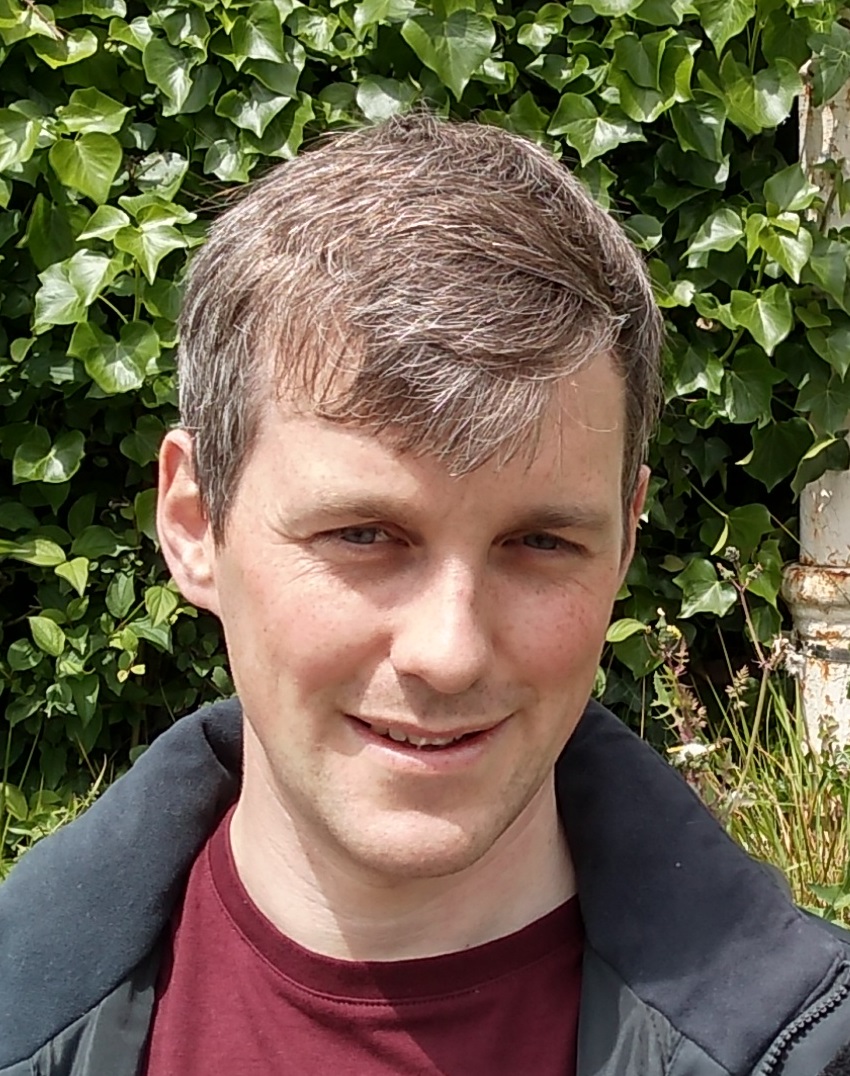
My research interests lie in environmental history and historical geography. I have a particular interest in the environmental history of early modern Britain (1500-1800), as well as in the histories of water and flooding.
Rachel Murray

I have research interests in modernist literature and the environment, animal studies, and the blue humanities. I’m currently working on a book project, Marine Attachments, which examines affective and aesthetic responses to marine life in modern and contemporary poetry.
Milo Newman

I am a PhD candidate in human geography and the environmental humanities. I have a background as an artist, and my research intersects these different disciplines. My work explores how creative narrative practice might alter how we relate to the problems of extinction—how through working creatively and imaginatively around this subject we might open up new modes of engaging with the physical, relational, imaginative, and emotional spaces extinction occupies in the present, and will increasingly occupy in the future.
Joan Passey

I am a lecturer in English at the University of Bristol where I have taught since 2016. My research interests include ecocriticism and postcoloniality; the transhistorical Gothic; nineteenth-century literature and culture; the cultural history of the sea and coasts; Shirley Jackson, Cornwall, and folkhorror.
Amy Penfield
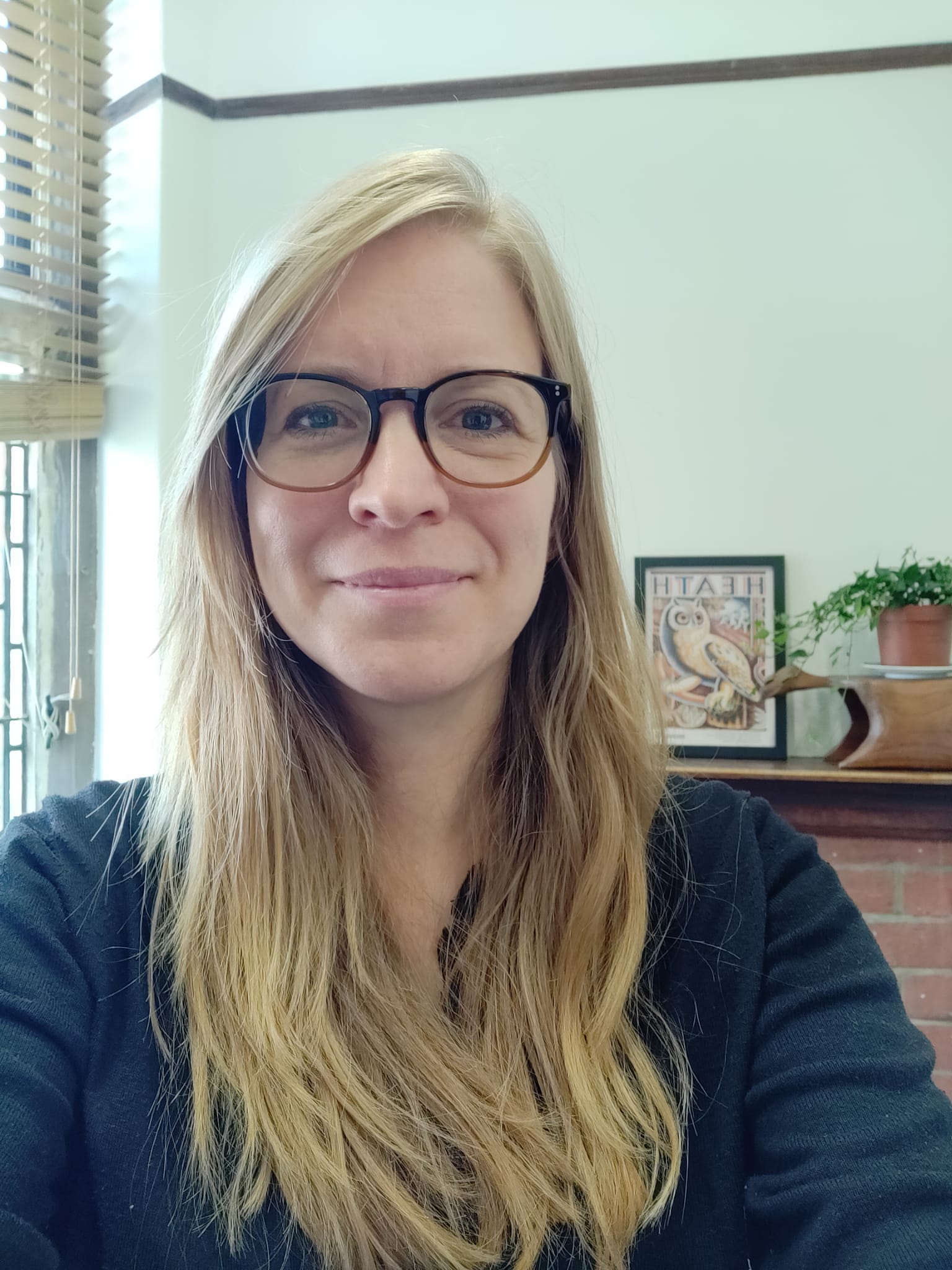
I am a social anthropologist working on emerging economies in Amazonia. I have conducted research on indigenous-state relations, small scale resource extraction and energy access in the forests of Peru, Venezuela and Brazil. I have recently developed a new project that investigates deregulated economic activities that contribute to large scale environmental degradation in the Amazon rainforest.
Ralph Pite
I work on twentieth-century poetry (Robert Frost and Edward Thomas), Thomas Hardy, ecology and contemporary poetry (especially Jorie Graham, Kathleen Jamie, Mary Oliver), on Romantic Period writing, particularly Anglo-Italian literatures, and on ideas of place in nineteenth and twentieth century writing.
Laurence Publicover

I work on English Renaissance literature, maritime culture, and their intersection. Recently I have been especially interested in human encounters with the deep sea both actual and imagined.
Austin Read
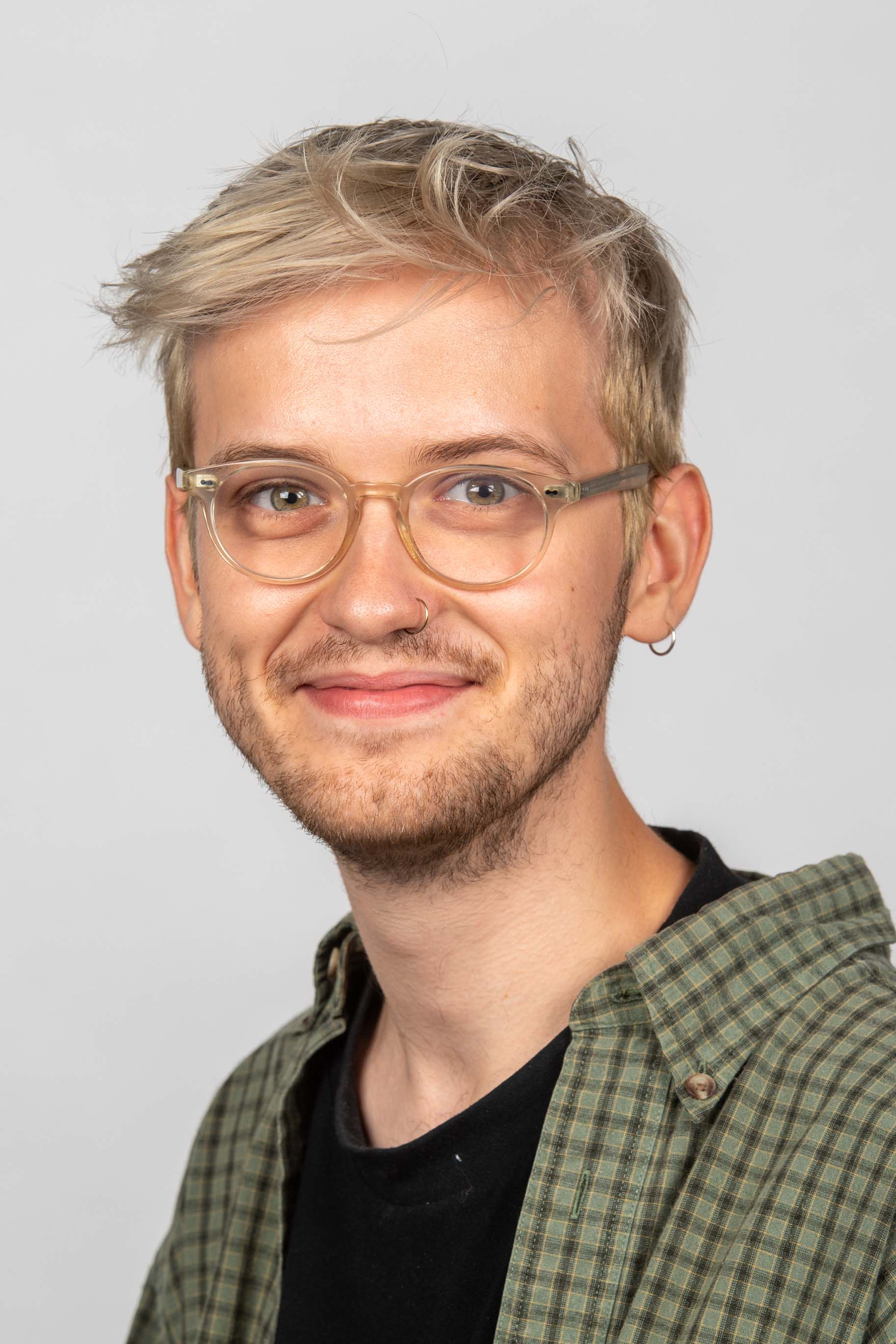
I am a Human Geography PhD candidate working at the intersection of political ecology, decolonial theory and multispecies studies. My PhD seeks to establish the central role of ontology in environmental politics, questioning attempts to articulate universal definitions of nature. It looks specifically at the case of conflicts over North Atlantic Salmon in the UK. In doing so, I hope to challenge mainstream visions of what constitutes environmental justice, and who gets to shape it.
Josepha Richards

I work on knowledge and plant exchanges between China and the Western world in the 18-19th century. My research specifically looks at the collection and painting of plants in Canton, commissioned by British traders and botanists from Chinese go-betweens.
Arthur Rose

I am a comparative literature scholar. My research considers the influence of narratives on environmental health, with particular focus on the environmental and health impacts of asbestos, its mining, its use and its diseases.
Theophilus Savvas
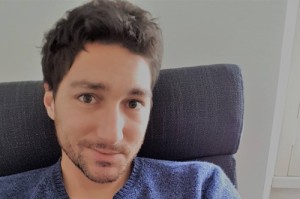
I am a literary scholar currently working on representations of vegetarianism. I also have an interest in animals and posthumanism.
Daniela Schmidt
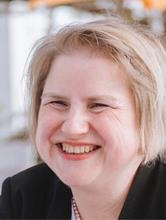
My research focuses the impacts of climate change and and ocean acidification on marine ecosytems and their services. We study both reaction of these systems to changes today and in the geological record. Our work covers a range of organisms from bryozoans, bivalves and corraline algae to marine plankton.
Jim Scown
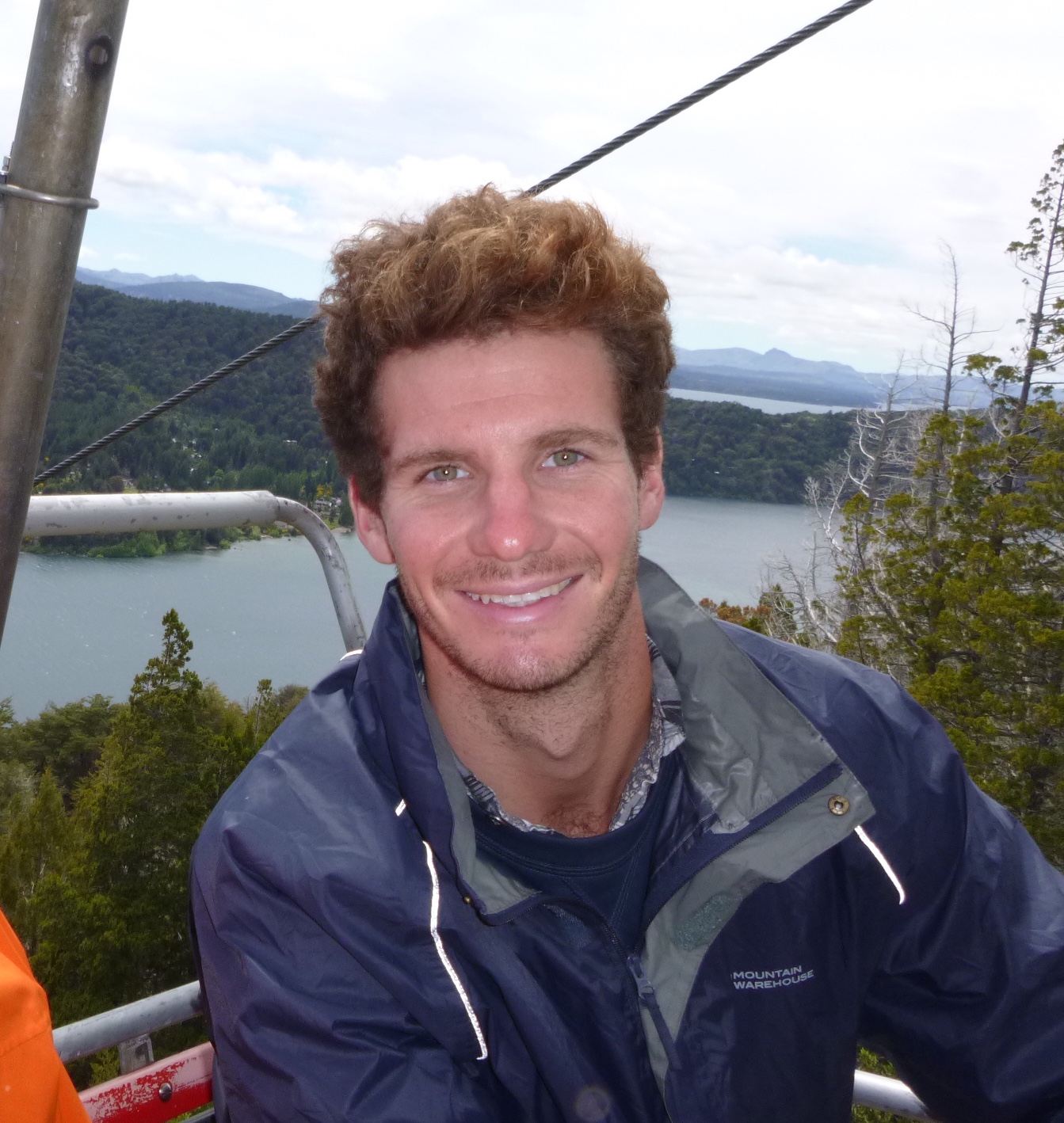
My research examines the representation and understanding of soils between 1840 and 1880, in scientific writing and literary realism. This work explores the development of ecological thinking in Britain and considers how nineteenth-century understanding of soils relates to present ecological crises.
Tabitha Stanmore
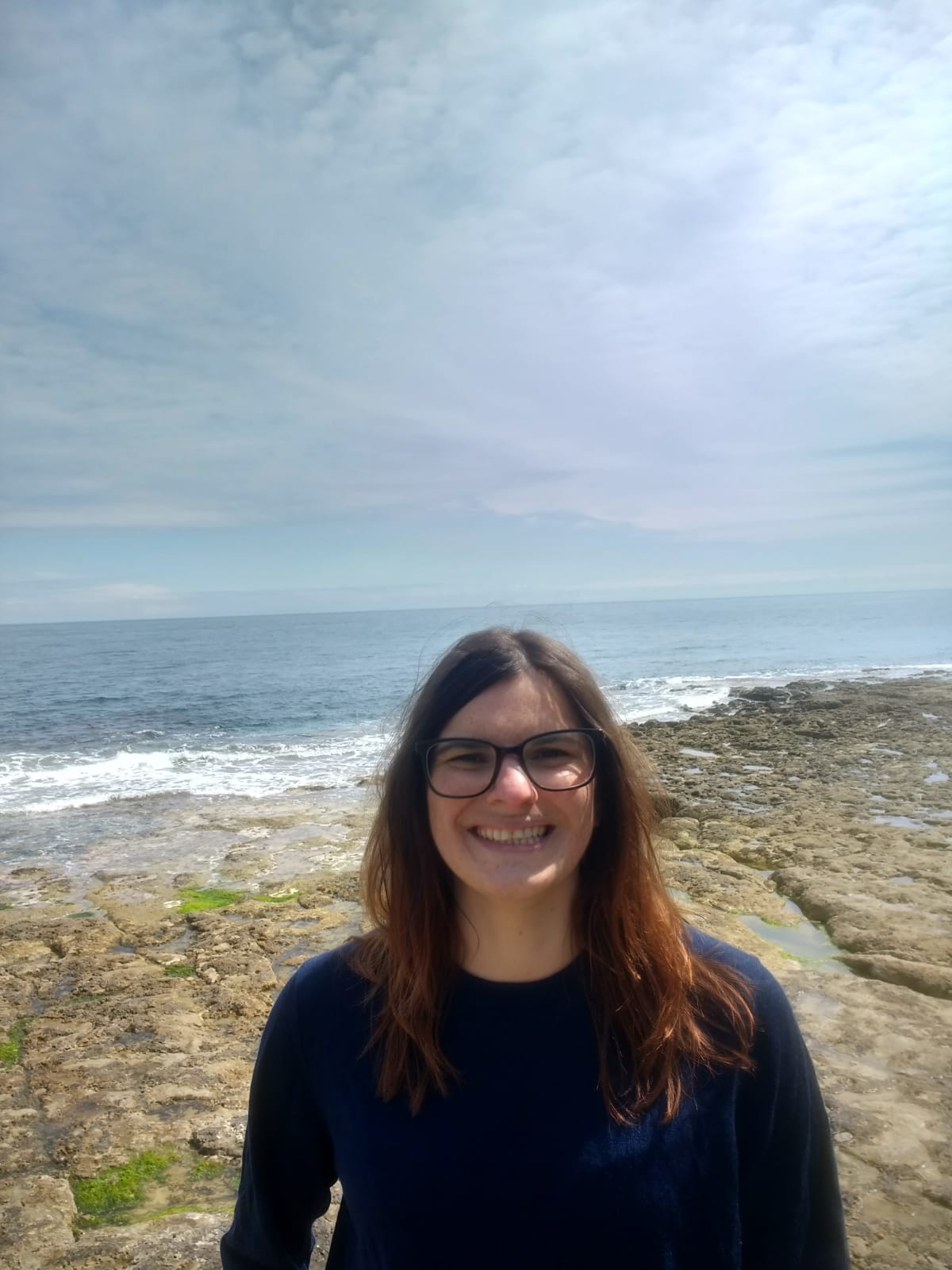
I am a historian of late medieval and early modern England, with an interest in liminal communities and their relationship with the landscape. I am currently scoping out a new project on biodiversity in late medieval and early modern England.
Richard Stone

I am an economic historian with a strong interest in environmental history approaches. I research overseas trade and the Atlantic economy, and think that ocean currents, geology, flora, fauna and the landscape were fundamental to shaping these developments. I also write about the history of orchards and cider, and have been known to make a drop too!
Camille Straatman
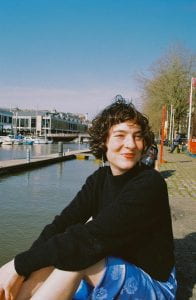
My current PhD research is exploring how (and if) we can look at crafts to imagine and experiment with practicing alternative visions of society. It investigates the potentials of craft as an anti-capitalist and ecological mode of production and as a site for engagement with the more-than-human environment. My work is often interdisciplinary and informed by my background in collaborative research, the arts, free press, and activism.
Michael Sugarman

I am a historian of cities and urban development in 19th and 20th century South and Southeast Asia. My current research is on environmental histories of urban development, with a focus on issues relating to water.
Eline Tabak
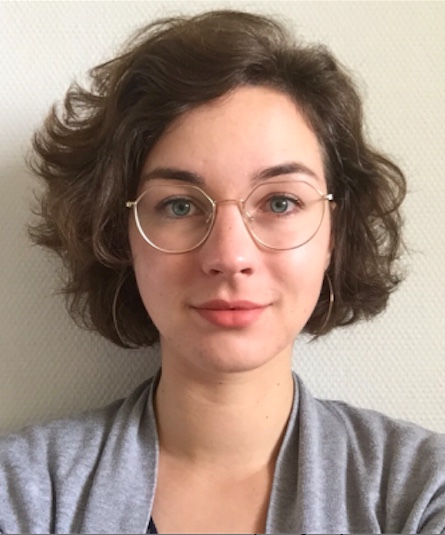
I’m a PhD researcher (English/Environmental Humanities) with a background in comparative literature. My PhD thesis looks at insect decline, storytelling and engagement, and questions of value and (in)attention when it comes to wildlife extinction.
Andy Thatcher
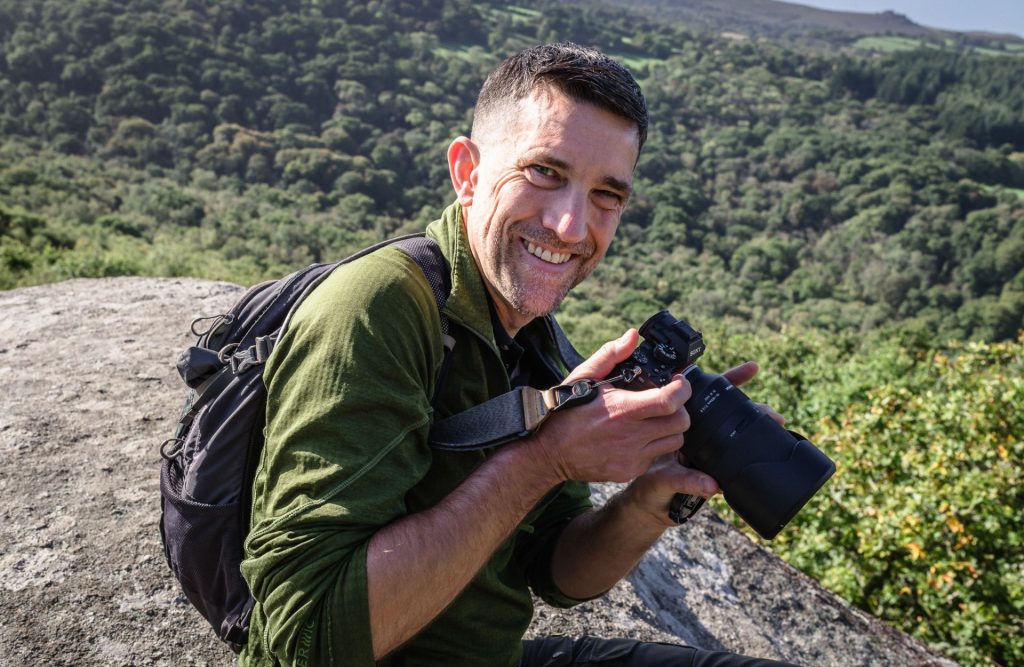
My practice-as-research doctoral project uses slow cinema, the essay film and folk horror to explore historical, cultural, political and autobiographical meanings of common land through filmmaking. I’ve been visiting commons across England for several years, focussing especially on commons at Tunbridge Wells, Great Torrington, the Isle of Portland, the Pebblebed Heaths National Nature Reserve and Grovely Wood, near to Salisbury.
Ben GJ Thomas
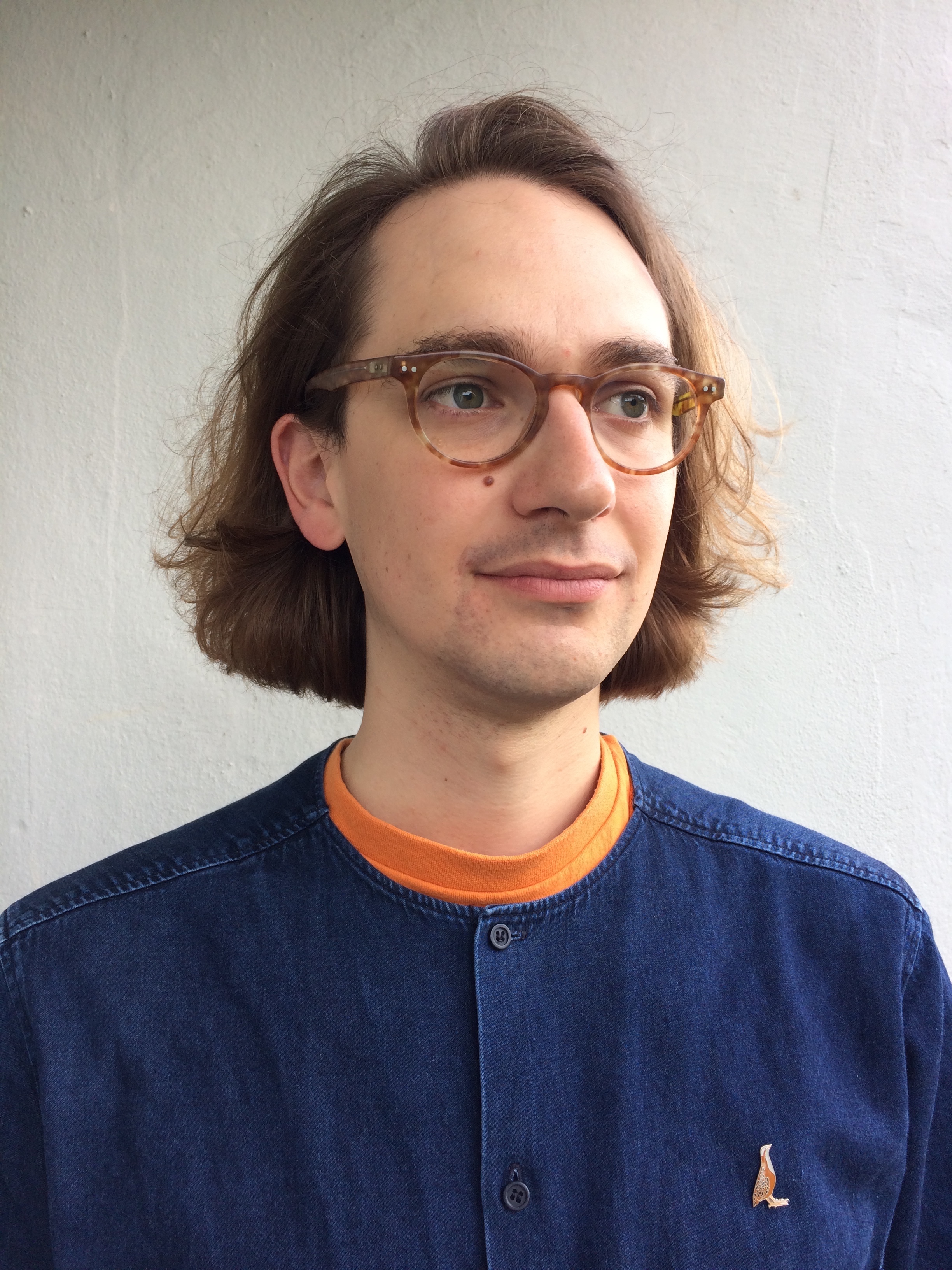
My work focusses on the intersections between visual culture, collaborative storytelling & spaces of environmental trouble. I have produced collaborative research projects for organisations including Amnesty International, the British Refugee Council & Save the Children. From 2014-19 I was Curator of Learning at Arnolfini gallery, Bristol. I am currently an associate lecturer in visual culture at the University of the West of England (UWE), alongside studying MSC Society & Space at University of Bristol.
Aisling Tierney

I am an archaeologist with a maritime archaeology background. My current project in the Albanian mountains looks at environmental impacts on occupation over millennia of habitation 1000m above sea level, including the role of fresh waterways.
James Watts
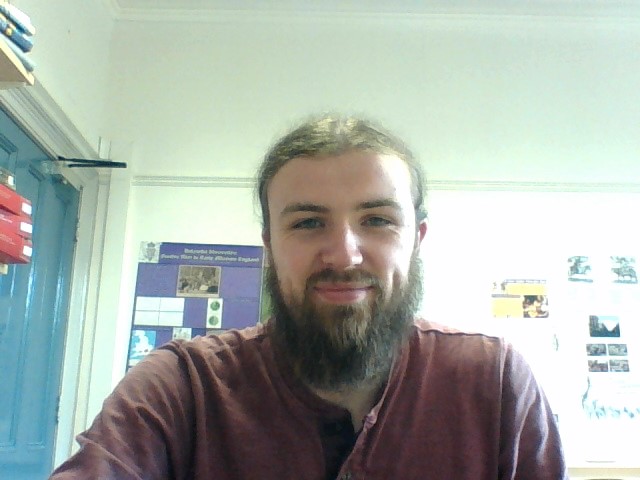
James is currently working on imperial perceptions, presentations, and lived experiences of landscape in the late nineteenth and early twentieth centuries. In particular, he is researching the connection between imperial environments and attitudes to nature in Britain and similarities which were emphasised by some, between them.
Beth Williamson

I am a historian of art and material culture. I am currently working on several projects involving relics and reliquaries, on materiality and the properties of materials, and on wood as a sculptural material. I also have an interest in aural environments, and have conducted research on sounds and silences in the medieval world and in contemporary environments.
Gary Willis

I am a PhD student looking at the impact on the British rural landscape of the expansion of Britain’s military-industrial capacity in the run-up to and during the Second World War. More generally I am interested in landscape militarisation and the environmental impact of war both within the home countries of waging wars, and where wars are fought.
Alice Would
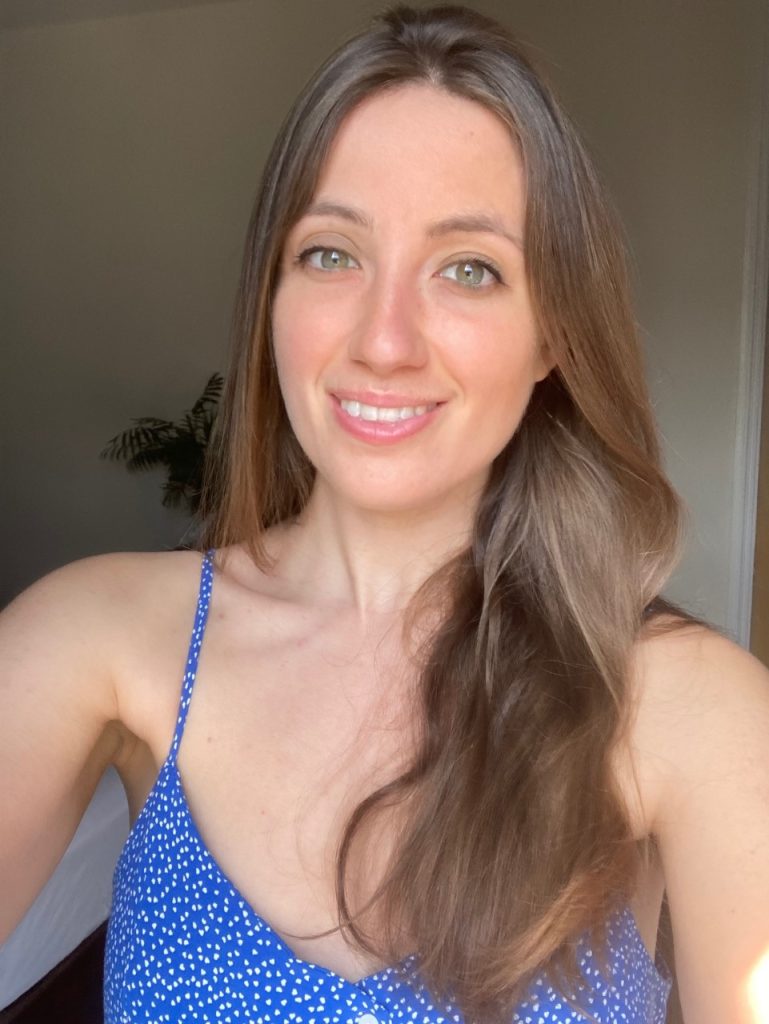
I am a Lecturer in Imperial and Environmental History, having completed my PhD at Bristol in 2021. I am interested in animal-human relationships in the nineteenth and twentieth centuries, especially taxidermy and museum collection, skin and embodiment and temporality.
External and former members
Bergit Arends
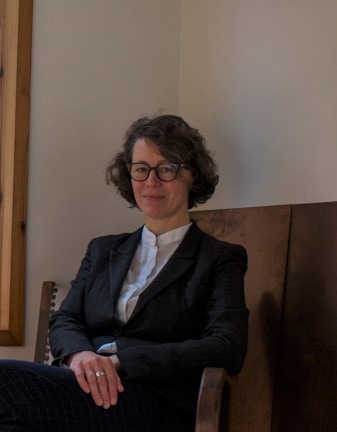
I am a curator of contemporary art, having commissioned a variety of art projects for natural history museums in London (2005–2013) and Berlin (Art/Nature, 2017–2018). Artists, audiences and staff worked towards the decolonisation of the museum; we experimented with species’ relations and questions of care within times of climate crisis and biodiversity loss. We investigated urban ecology and used collections as vital documents to read human-nature relations historically and in the present. I continue the research through the putative Anthropocene, and how that proposition can expand the interpretation of works of art.
Sage Brice
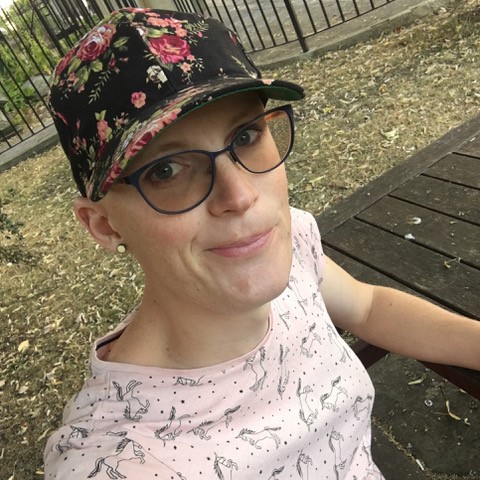
I combine research in cultural geography with a lively contemporary art practice. My research interrogates the politics of nature, particularly in relation to queer and trans ecologies of identity. I have an affinity for watery and fluid landscapes, and my recent work explores problems of identity and ecology in the Huleh wetlands, in northern Israel-Palestine.
Sarah Daw
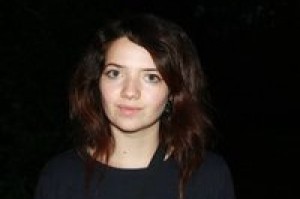
I am a literary scholar interested in the intersection of literature, science and ecological thought. My current research project, “The Poetics of Entanglement”, investigates the impact of ideas derived from quantum physics on the emergence and development of ecopoetics in Britain and American after 1945. I received funding from the EU’s Horizon 2020 research and innovation programme under the Marie Sklodowska-Curie grant agreement No. 101031697.
Dan Finch-Race

My research puts modern French culture in contact with the environmental humanities. I aim to increase engagement with climate change among non-specialist audiences by bringing into play creative works such as Impressionist paintings of heavy industry.
Kate Hendry
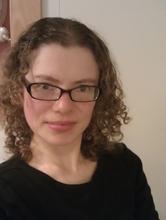
I am a biogeochemist and chemical oceanographer in the School of Earth Sciences. My research focuses on understanding nutrient cycling in the modern ocean, and the link between past climatic change, ocean circulation, nutrient supply and biological productivity. I work mainly in the polar regions, and have spent time in the field in both the Arctic and Antarctic.
Jun Jia
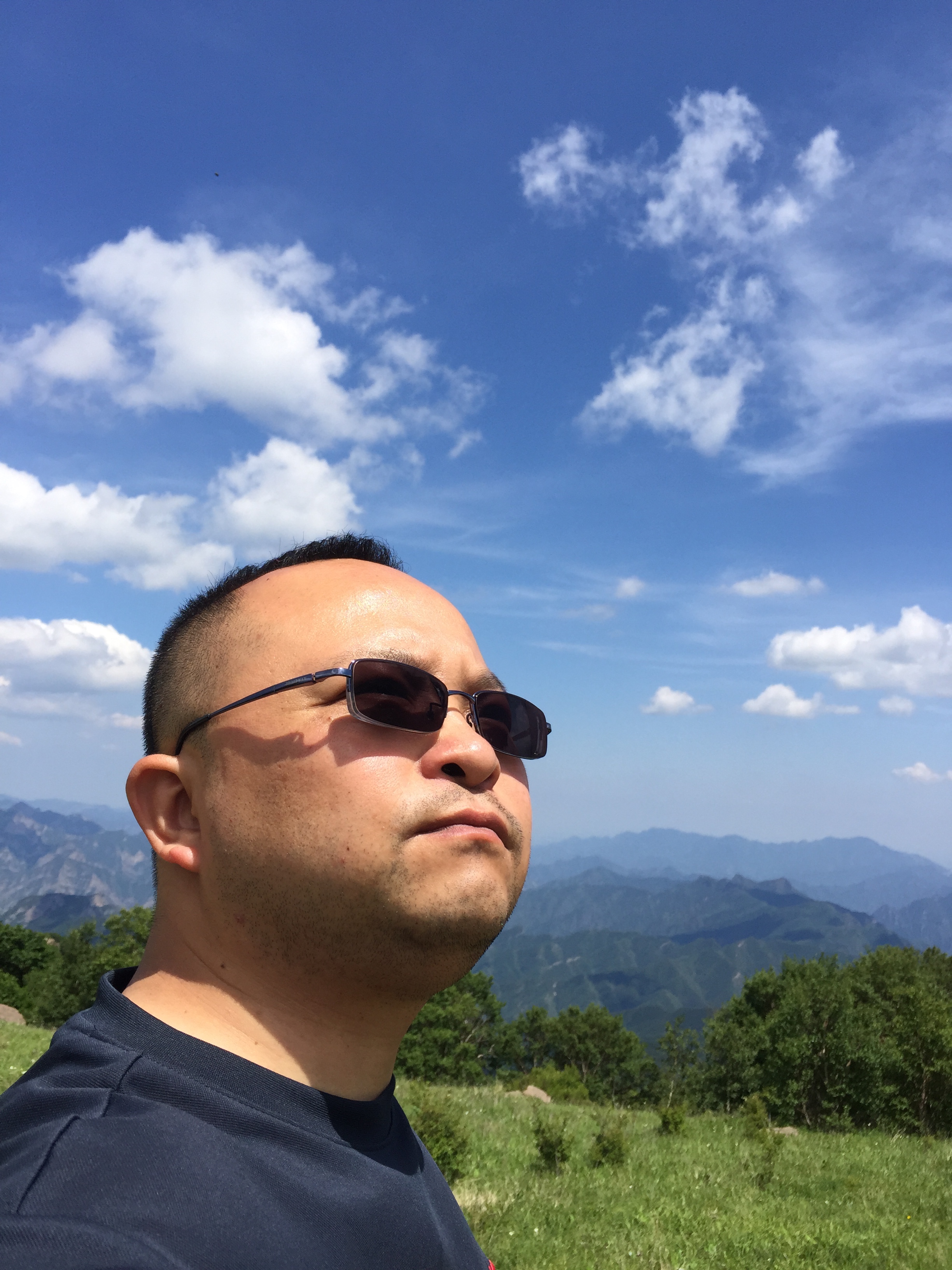
Dr. Jun Jia is a visting scholar from Beijing Normal University, China. He is an associate professor of modern world history, mainly engaged in the study of military history and environmental history since modern times. At present, there are two subjects under research, one is “the innovation of environmental history to British history study”, and the other is “the Western Front battlefield environment and veterans’ memories of the first world war”. His email is jiajun [at] bnu.edu.cn.
Kirk Sides
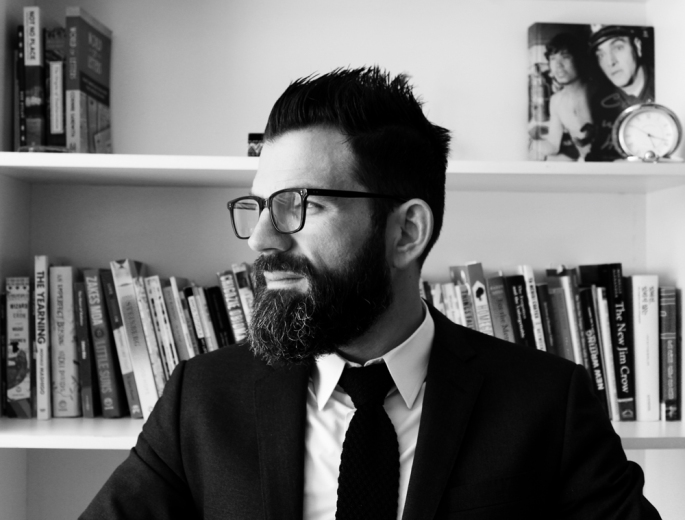
I am a literary scholar whose research explores histories of ecological thinking in cultural production from across the African continent, from anti-colonial writing of the early twentieth century, to contemporary turns towards speculative and science fiction/film for imagining climate change and planetary futures. I teach courses on global forms of environmental thinking, urban ecologies, as well as on discourses of decoloniality. I also runs a series of workshops, “Anthropocene Storytelling”, which employ speculative fiction as a pedagogical and creative method.

